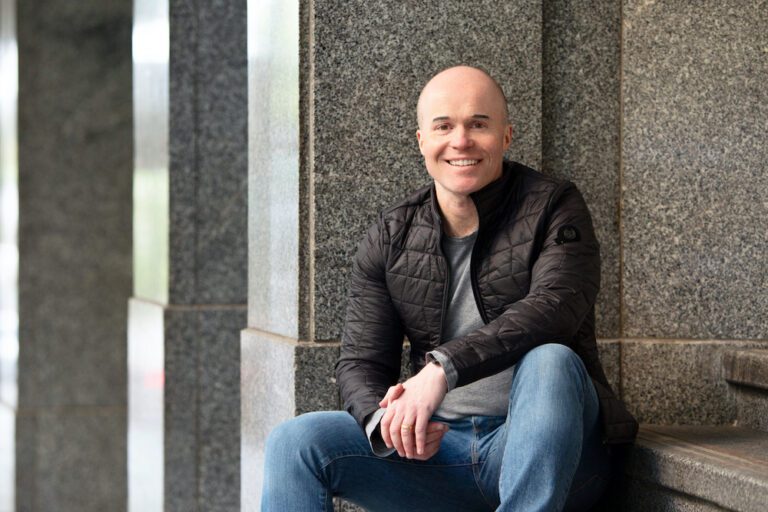Every week, on average, 10 people die in New Zealand by suicide. Many more are treated in hospital after a suicide attempt, having seriously harmed themselves.
In Australia, SANE reports that around 2,000 people die from suicide every year, 76 per cent of which are men, according to the Australian Bureau of Statistics. For every person who dies in this way, it is estimated there are at least another 30 people who attempt suicide.
“Stigma can be the result of many factors, including sexual orientation, gender identity, culture, ethnicity, or a diagnosis of a mental illness,” says Moira Clunie, Development Manager for Suicide Prevention Information New Zealand.
“Stigma makes people feel isolated, putting them at risk of suicide. We all need to work together to break down the stigma that is caused by ignorance and fear of things we simply don’t understand. In doing so, we can ensure that people who are at risk of suicide or have been bereaved by suicide don’t feel alone and are not afraid to seek help.”
One of the biggest tools in the fight against suicide and mental illness is being connected.
“Remember the Like Minds, Like Mine message,” says Ms Clunie, “Be there, stay involved. Reach out to people who may feel lonely or be in distress and offer them support and help.
“Many people feel helpless when it comes to suicide prevention, but staying connected with people who are struggling is something we can all do, and it makes a big difference.”
In light of this, SANE Australia launched StigmaWatch: an effort that acts on community concern about media stories, advertisements and other representations, which stigmatise people with mental illness or inadvertently promote self-harm or suicide.
There are hundreds of StigmaWatchers throughout Australia – people with a mental illness, family, friends, health workers and others who care about how mental illness and suicide are represented in the Australian media – who forward their reports to StigmaWatch for follow-up.
Not-for-profit Australian organisation beyondblue announced that it will provide male-dominated workplaces with free or heavily-subsidised training sessions to improve the mental health of workers, help reduce male suicide rates and increase businesses’ understanding of the importance of having a mentally healthy workplace.
The five different NWP are being funded by the Department of Health and Ageing’s Taking Action to Tackle Suicide strategy, as part of a national strategy to reduce the high rate of male suicides. Visit www.beyondblue.org.au/nwp for more details.
For more information on suicide prevention seminars in New Zealand, visit https://casper.eventbrite.co.nz/







